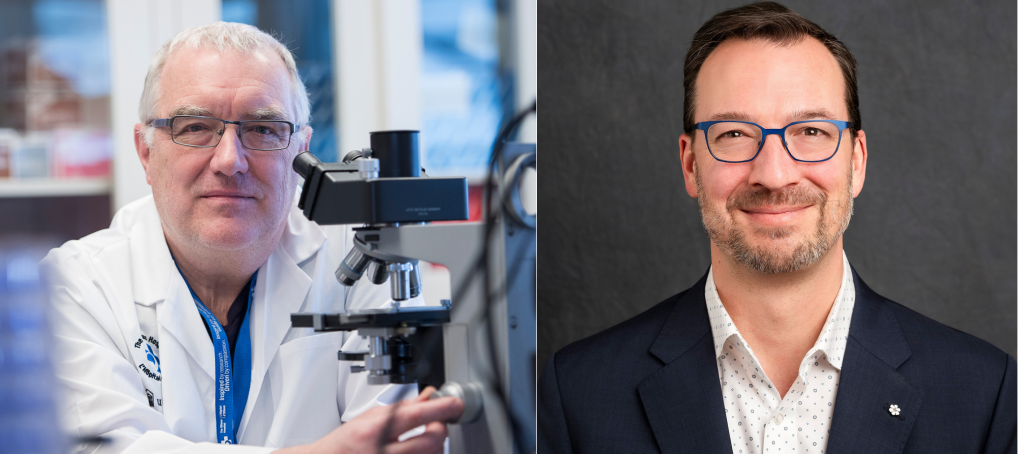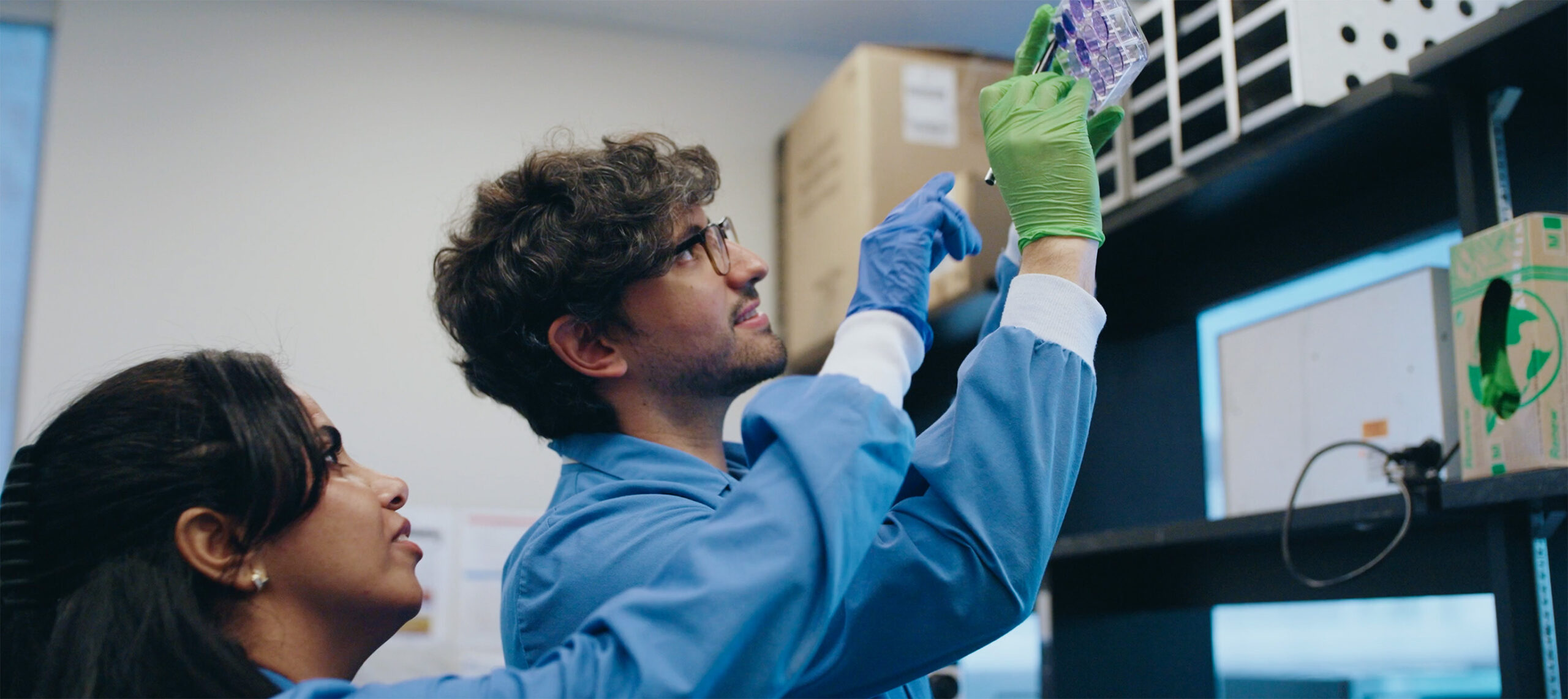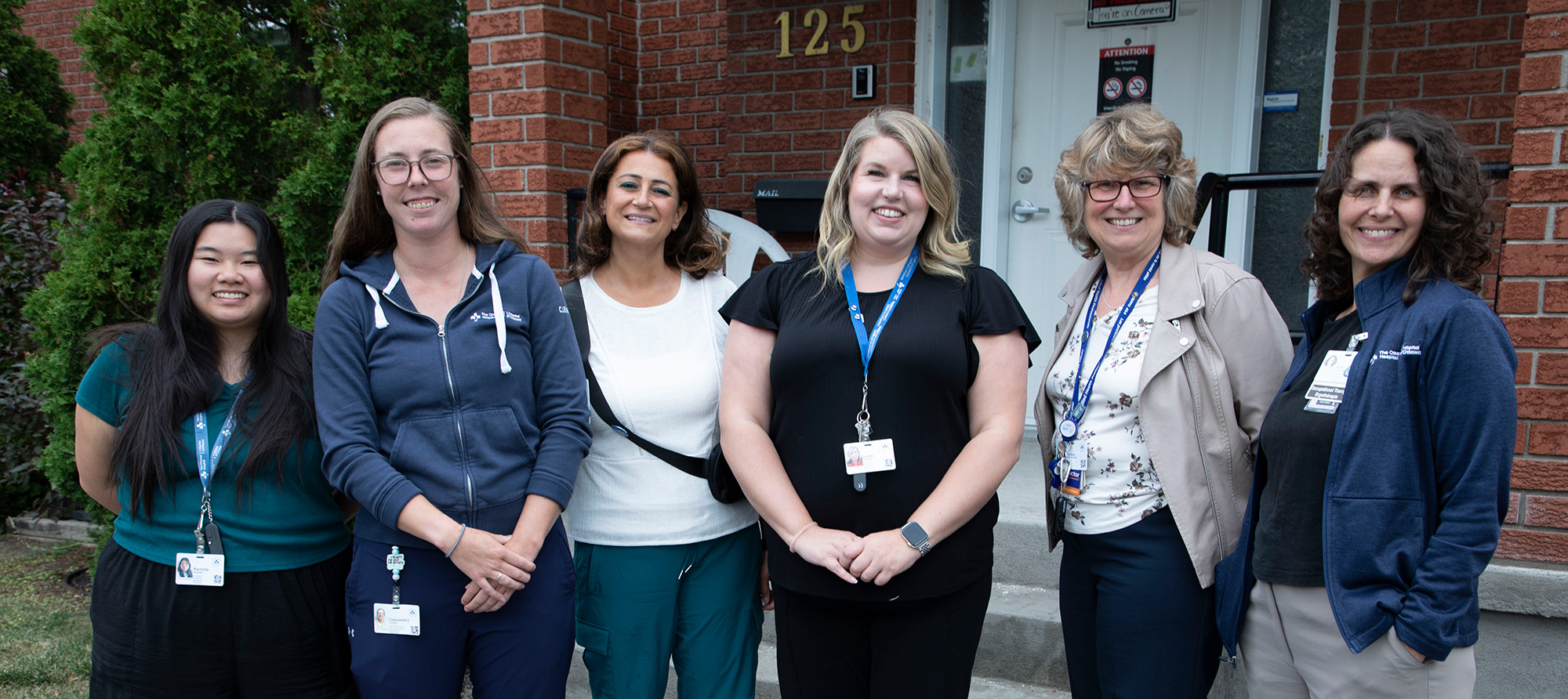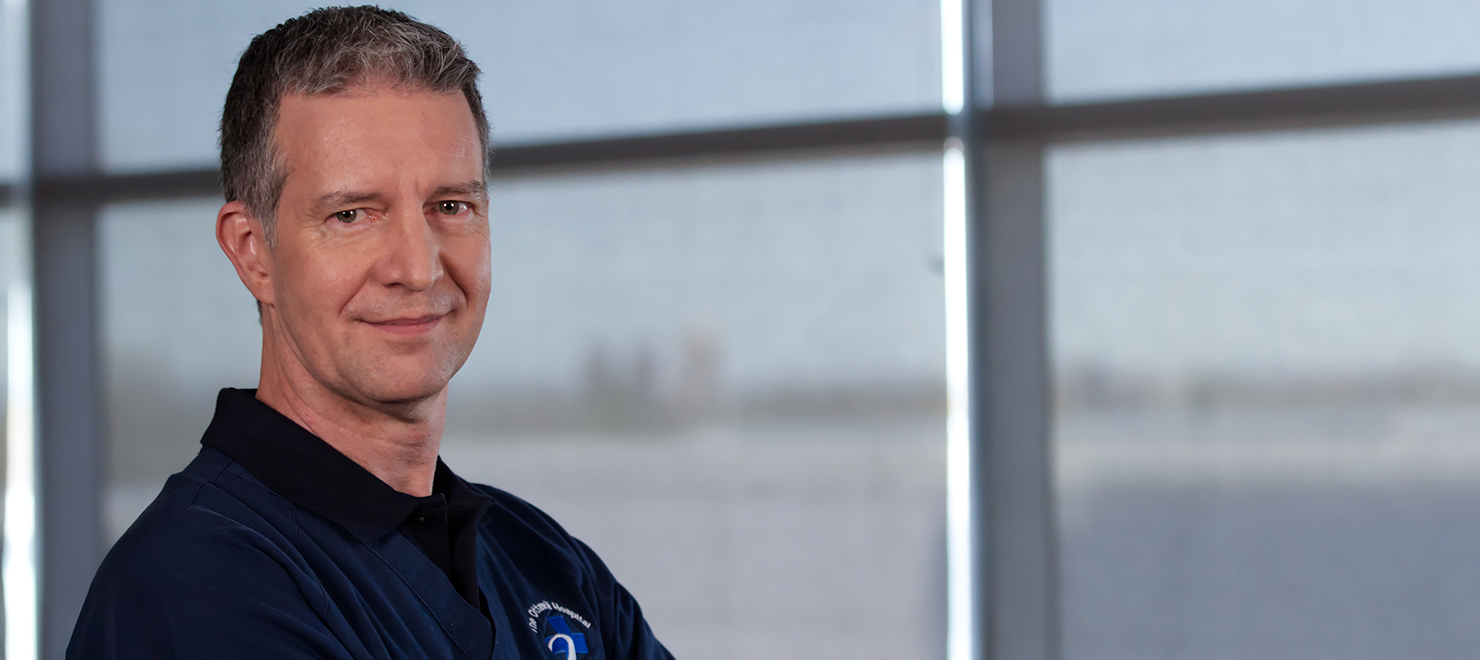
Dr. Daniel McIsaac’s research focuses on how to best prepare patients for surgery so they can enjoy a better recovery.
You’ve probably heard about rehabilitation — but what about “prehabilitation”?
While rehab helps patients get as healthy as possible after their surgery, prehab helps them get as healthy as possible before their surgery.
“If done properly, the evidence suggests that prehab can pay off in a number of different ways that patients experience recovery after surgery,” reports Dr. Daniel McIsaac, Anesthesiologist and Senior Scientist at The Ottawa Hospital.
Dr. McIsaac’s research has found that prehab can help most patients return home from surgery a full day or more earlier, reduce their risk of post-surgery complications by as much as 50 per cent, and significantly improve their independence in those early days at home.
Do you have a surgery coming up? Dr. McIsaac shares five ways you can prehab for a better recovery.
Get active if you can
Unless advised otherwise by your health-care provider, aim to exercise regularly at a moderate intensity. This means working hard enough to be slightly out of breath but still able to hold a conversation. Gradually work your way up to three 20-minute aerobic sessions per week, increasing your activity level week by week. To track your progress, consider using a pedometer or a smartphone app.
Add an extra helping of protein to your diet
Surgery puts a lot of stress on the body. To support the healing process, your body needs protein. You should aim for one to 1.5 grams of protein per kilogram of body weight per day. Just adding a scoop of protein powder to your daily diet can help meet this goal. You can even stir it into your morning coffee.
Don’t forget to train your brain
This is particularly beneficial for older adults. Promising evidence suggests that keeping your mind sharp before surgery can help reduce the risk of delirium, a state of confusion that usually affects older people. Delirium can be very stressful for both patients and their families and may lead to long-term cognitive decline. Fortunately, simple activities like doing crossword puzzles, Sudoku or online brain training games can go a long way in keeping your brain ready for the upcoming stress of surgery.
Engage your loved ones
Preparing for surgery also means preparing your family and friends. If you can, make sure you have strong support from loved ones when you return home. Many people find it tougher than expected to manage tasks like getting up and down stairs or in and out of bed. Engaging your community can make a significant difference in helping you through those early days at home. Successful surgery is a team effort.
Start prehabing as soon as you can
Lastly, the sooner you start prehabilitation, the more likely you are to benefit. How early should you start? When you see your family doctor for a referral to a surgeon, this is the perfect time to ask what you can do to improve your diet and nutrition, safely become more active and overall best prepare yourself for your upcoming surgery.
You may be able to help our researchers improve the recovery process for patients just like you.
“The only reason we know so much about prehab is because patients have volunteered to take part in research,” says Dr. McIsaac. “If you’re coming into the hospital for surgery, you could be eligible to participate in one of our prehab research programs.”
If you are interested in participating in prehab research, or if you’d just like to learn more, please reach out to the team at strive@toh.ca or 1-877-372-7316. Participation in research is voluntary.

Support patient care and research at
The Ottawa Hospital
You might also like…
Dr. John Bell and Stephen Beckta inducted into the Order of Canada
The Ottawa Hospital is proud to share that on December 31, 2025, two members of our team were inducted into the Order of Canada. Congratulations Dr. John Bell and Stephen Beckta.
Everyone at our hospital plays a role in research. Here’s how
It’s Research Week at The Ottawa Hospital. Check out this video to hear from some of the incredible people fuelling our discoveries that are having an impact around the world.
What to do in an emergency: New first aid video series on YouTube
Would you know what to do if you saw someone experience a stroke, heart attack or opioid overdose? We’ve launched a series of easy-to-follow videos on YouTube that walk you through how to respond to common first aid emergencies.
How the Robin Easey Centre supports recovery after a brain injury
“When our clients have a purpose — even something as simple as a meaningful activity — it gives them new hope in life.” In this short Q&A, discover how the team at the Robin Easey Centre helps clients rebuild their daily routines and regain their independence after an acquired brain injury.
Aging well: Guidance for older adults
In this special video series for both older adults and their loved ones, geriatric care specialists from The Ottawa Hospital offer guidance on navigating common health-care challenges that may arise with aging.
How to stay safe around water this summer
Drowning can happen to anyone — even strong swimmers. Emergency physician Dr. Christian Vaillancourt debunks common myths about drowning, explains how to act quickly to save a life, and shares what you can do to keep yourself and your loved ones safe around water.


 To reset, hold the Ctrl key, then press 0.
To reset, hold the Ctrl key, then press 0.





